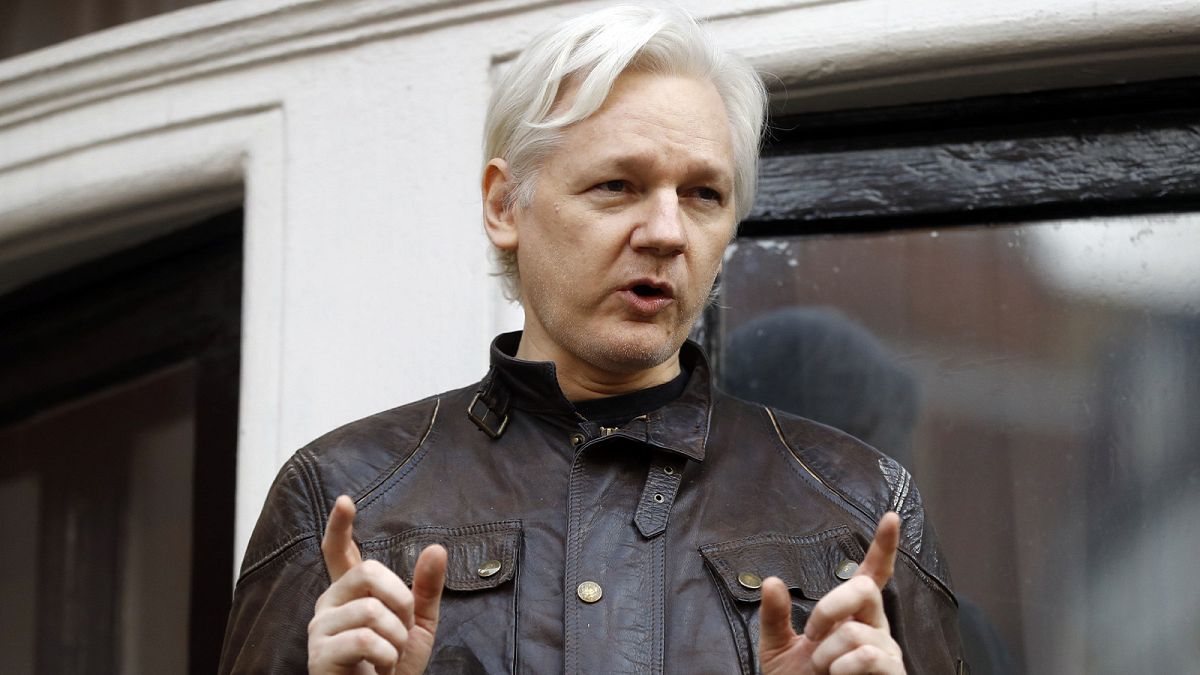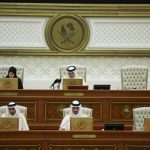Julian Assange, founder of WikiLeaks, is expected to return to Australia after entering a plea deal with the US government to resolve a legal case spanning decades over the publication of classified documents. Assange is set to plead guilty to one Espionage Act charge in the US commonwealth of the Northern Mariana Islands in the Western Pacific. After being released from high-security Belmarsh prison in the UK, Assange is expected to return to his home country for his plea and sentencing.
The guilty plea, if approved by a judge, will bring an end to the US government’s pursuit of Assange, who has been in legal trouble for years. WikiLeaks, which Assange founded to protect whistle-blowers and publish government wrongdoing, welcomed the deal, expressing gratitude to all who supported them in the fight for his freedom. Assange’s mother, Christine Assange, described the plea deal as an important moment of joy and the end of her son’s long ordeal.
Assange’s case dates back to the publication of classified documents related to the US government’s actions in Iraq and Afghanistan, including a video showing a 2007 Apache helicopter attack that resulted in civilian casualties. Washington indicted Assange in 2019, accusing him of breaking laws designed to protect sensitive information and national security. The deal will see him admitting guilt but avoiding further prison time by being sentenced to the five years he spent in the UK prison.
Australian Prime Minister Anthony Albanese has been advocating for the US to end its prosecution of Assange, with an Australian envoy accompanying him from London to the US territory. Foreign Minister Penny Wong credited the Albanese government for the release, achieved through diplomatic efforts with the US and UK at the highest levels. The bipartisan support for Assange’s release in Australia reflects the desire to bring an end to the long-running saga and bring him back home.
The news of Assange’s release has been celebrated by various organisations, including the International Federation of Journalists and Australia’s largest media union. Former Australian deputy prime minister Barnaby Joyce, who campaigned for Assange’s freedom, expressed cautious optimism, while Foreign Affairs Shadow Minister Simon Birmingham welcomed the end to the prosecution. The deal is seen as a victory for journalism, media freedom, and human decency, with the opportunity to repair the damage caused by the lengthy legal battle.











